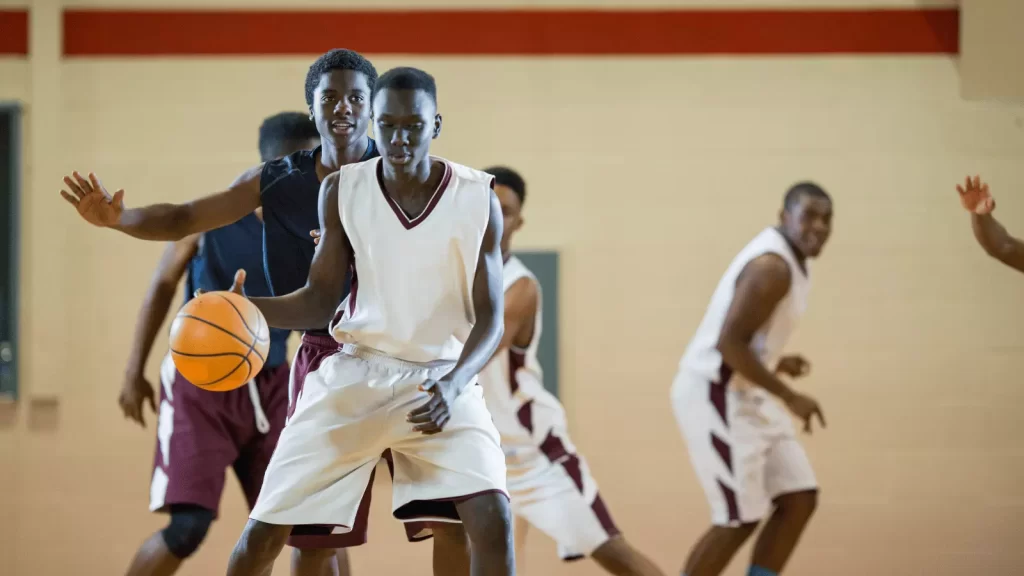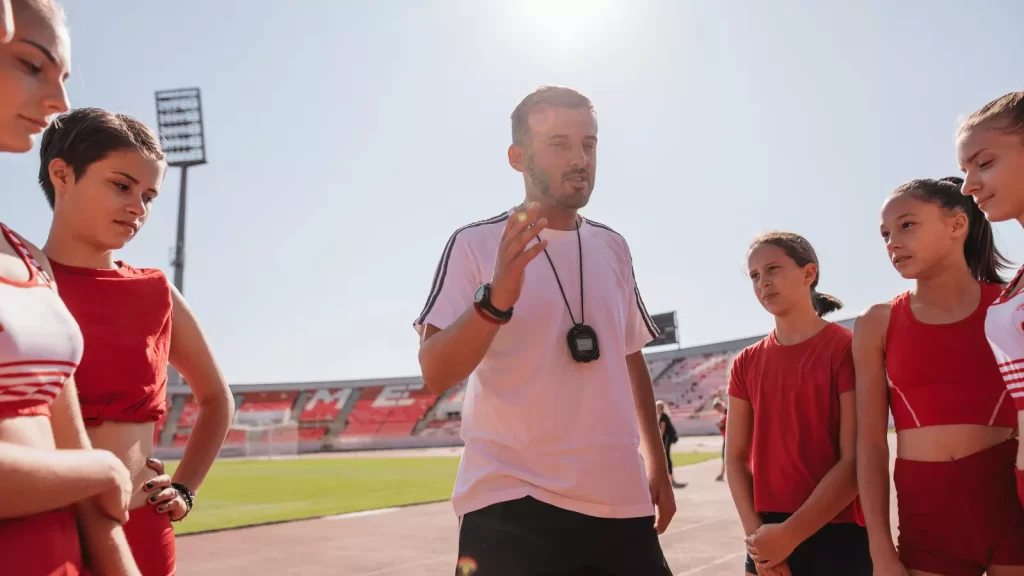Flexible curriculum refers to an innovative approach to education. In contrast to the traditional one-size-fits-all model, a flexible curriculum prioritizes the goals, interests, and needs of individual students. In a traditional education model, students have to adapt to whatever the school system thinks they need. A flexible education model, however, tends to adapt to the goals of different students, like student athletes. So, in this article, we will talk about the benefits of a flexible curriculum for student athletes.
Why Do We Need Flexibility in Academic Scheduling
Traditional schools were designed with uniformity and simplicity in mind. They cater to the needs of the majority of the students who take little to no serious participation in extracurriculars. The same nine to three timings, same lectures and subjects being taught to everybody in the same manner. This factory style schooling seems to work well for the majority but it has absolutely no room for students who seek something different.
A flexible curriculum turns this model on its head. Instead of the same restricted school hours, a flexible curriculum allows a student to map his study around other commitments. Like they can do their coursework in non traditional hours, and dedicate specific times/days to academics and sports. Flexible curriculum hinges on the fundamental principle of personalization of education for each student.
Student athletes have a hard time managing regular school work with practice sessions. Imagine a swimmer who goes for training early in the morning, does additional practice sessions in the afternoon, and travels for competitions. Or a basketball player who has evening practices, weekend games, and seasonal tournaments that need them to be on the roads often. Attending a traditional school with this routine is an overwhelming challenge.
Needs of a serious student athlete demand flexibility in schooling. A flexible school model can help these athletes support their earnest endeavors and thrive academically as well. Let’s further explore the benefits of a flexible high school career.

Benefits of a Flexible Curriculum for High-School Athletes
Students who are aspiring athletes have a hard time juggling sports and academics together. They often feel torn between the two as both are challenging and time consuming. Flexible curriculum can be highly beneficial for these individuals as it can help them manage their academic journey with rigorous training hours, without compromising the quality of their education.
It provides an opportunity for these talented young individuals to shine in both their academic pursuits and sporting arenas. Now let’s take a look at some of the benefits of a flexible curriculum for high-school athletes.
Reduced Stress and Better Mental Health
School may be stressful for even non-athletes. For those who have to manage demanding practice cycles and games, the pressure is increased by many folds. This can lead to stress, anxiety, burnout, and several other mental health complications. Flexible curriculum can take their stress off significantly by allowing them to choose when to study.
The personalization offered by the flexible curriculum eases time management for them and helps them stay in a better state of mind. It gives them more time for self-care, sleep, and recovery.
Enhanced Academic Performance and Efficiency
In the traditional system, athletes tend to squeeze homework and assignments into the last few hours of the day after their game practice. This schedule leaves no room for effective studying. Due to their demanding schedules and dedication to sports, athletes may sometimes show mediocre academic performance and lead people to the stereotypes that athletes can not excel academically.
Flexible curriculum enables student-athletes to build their academic schedules around their training time. They can strategically carve out time for studies rather than cramming it into already packed days. Such a curriculum can improve their learning efficiency and academic performance.
Personalized Learning Paths
Another one of the benefits of a flexible curriculum is that it is an open path to personalized learning. Every student is different and their learning styles, strategies, and preferences are unique. A flexible curriculum takes these individual differences into consideration and allows students to choose what, when, and how they learn, empowering them to make the most out of their time.
For example, a student who is more productive in the mornings can opt to take classes during these hours. They can drop certain subjects if they feel like these aren’t helpful for any of their short-term or long-term goals. Thus these tailor-made learning paths straighten up learning for the high school athletes.
Optimum Training Times
Sports have their own time requirements and constraints. Competitions can occur at odd hours. Training sessions might need to be coupled with peak performance periods. Traditional school timings might conflict with an athlete’s optimum performance hours.
Flexible curriculum, on the other hand, allows students to create their timetable according to their ease. So if a student athlete feels more energetic in the morning, he can do his games earlier and schedule study hours later at night.
Easy Rest and Recovery
Rest and recovery is critical for both the academic and athletic performance of a student. Still, it is mostly overlooked. Recovery is not only physical, it’s also cognitive. If a student practices sports all day long and then shifts to studies without any recovery period, it can likely lead to low quality performance.
Flexible curriculum allows built in rest periods for recovering from strenuous physical and mental tasks. Such a curriculum provides balance between work and rest leading to better focus during training and study periods.
Now that we have discussed the advantages of a flexible curriculum for student athletes, you might be thinking how one can choose one. Let’s talk about that.

4 Options for a Flexible Curriculum
After talking about the benefits of a flexible curriculum for student athletes, now it’s time to mention how and where a student athlete can access a flexible curriculum
1-Online Schools
Online schools are entirely digital and they provide the same high quality education as traditional schools. The courses are often asynchronous, meaning that students can attend classes, complete assignments and take exams at their own time table. Online schools are a viable option for high school athletes.
As an online private high school, Global Town offers students a cognitively demanding curriculum balanced with individual flexibility. Our students have the convenience of studying at their own pace under the guidance of our expert mentors. So, they continue their athletic training without sacrificing their academic career.
2-Blended Learning
Schools that offer blending learning have seen rising popularity in recent years. Blended learning means a combination of traditional in person learning with online learning. This model provides the flexibility of the level of face to face interactions with educators and fellows.
3-Supplementary Online Programs
Some traditional schools offer supplementary distance learning programs along with regular in-school courses. They can be handy for those athletes who had skipped these classes earlier for their sports.
4-Homeschooling With Online Courses
Homeschooling is another option for student athletes. Homeschooling today is easier than ever with the help of extensive digital resources and online learning programs. Parents can customize a curriculum that best suits the needs of their athlete child.
Final thoughts
Student athletes struggle to maintain a balance between sports and studies in a traditional school setting. Flexible learning reduces stress and leads to improved mental health. It also improves academic performance by providing an opportunity to effectively divide time between school and games. These are some of the benefits of a flexible curriculum for student athletes.
Technological advancements have made flexible curricula easier than ever. By using innovative educational methods here at Global Town School, we believe that we are one of the best options for student athletes.



